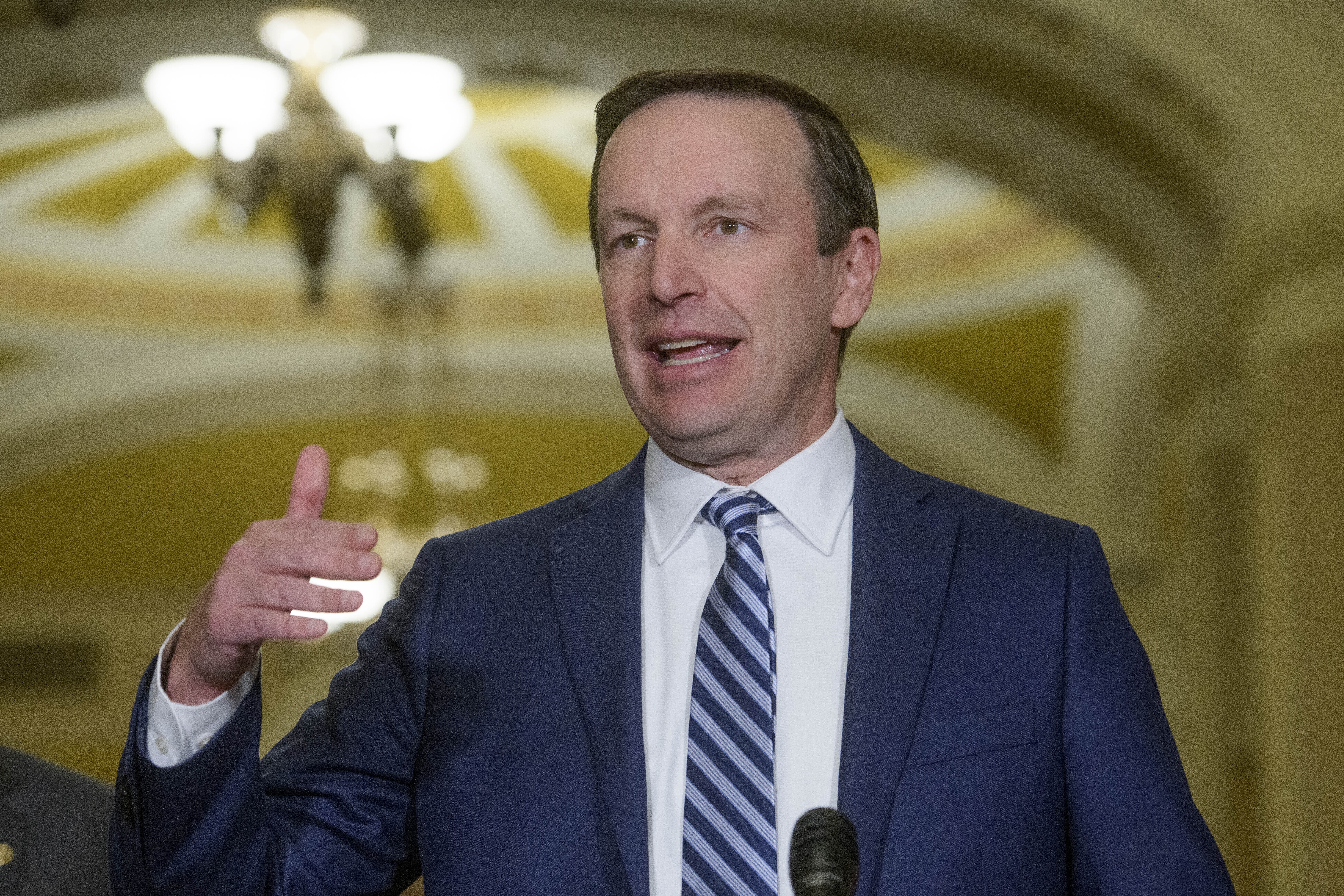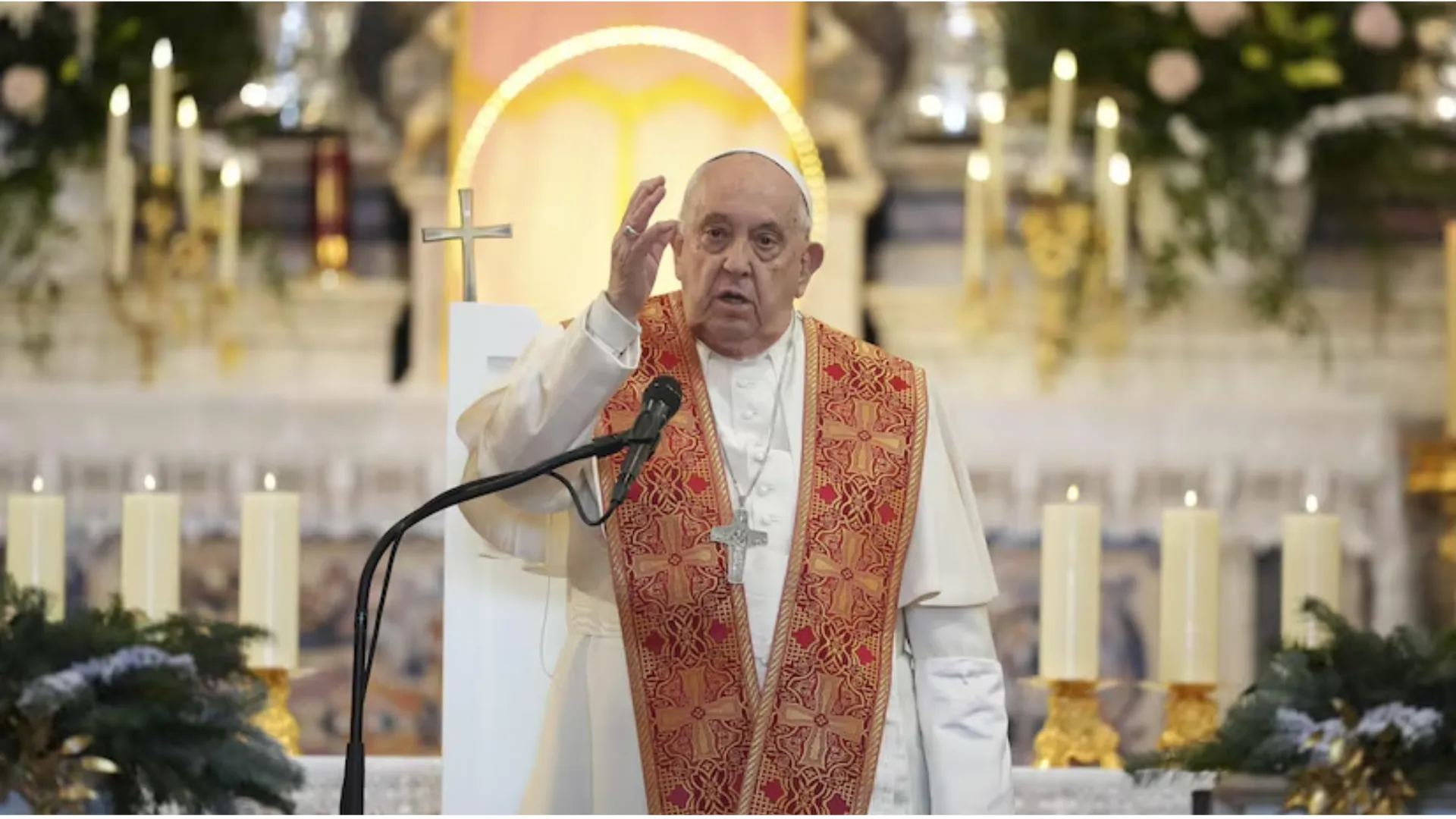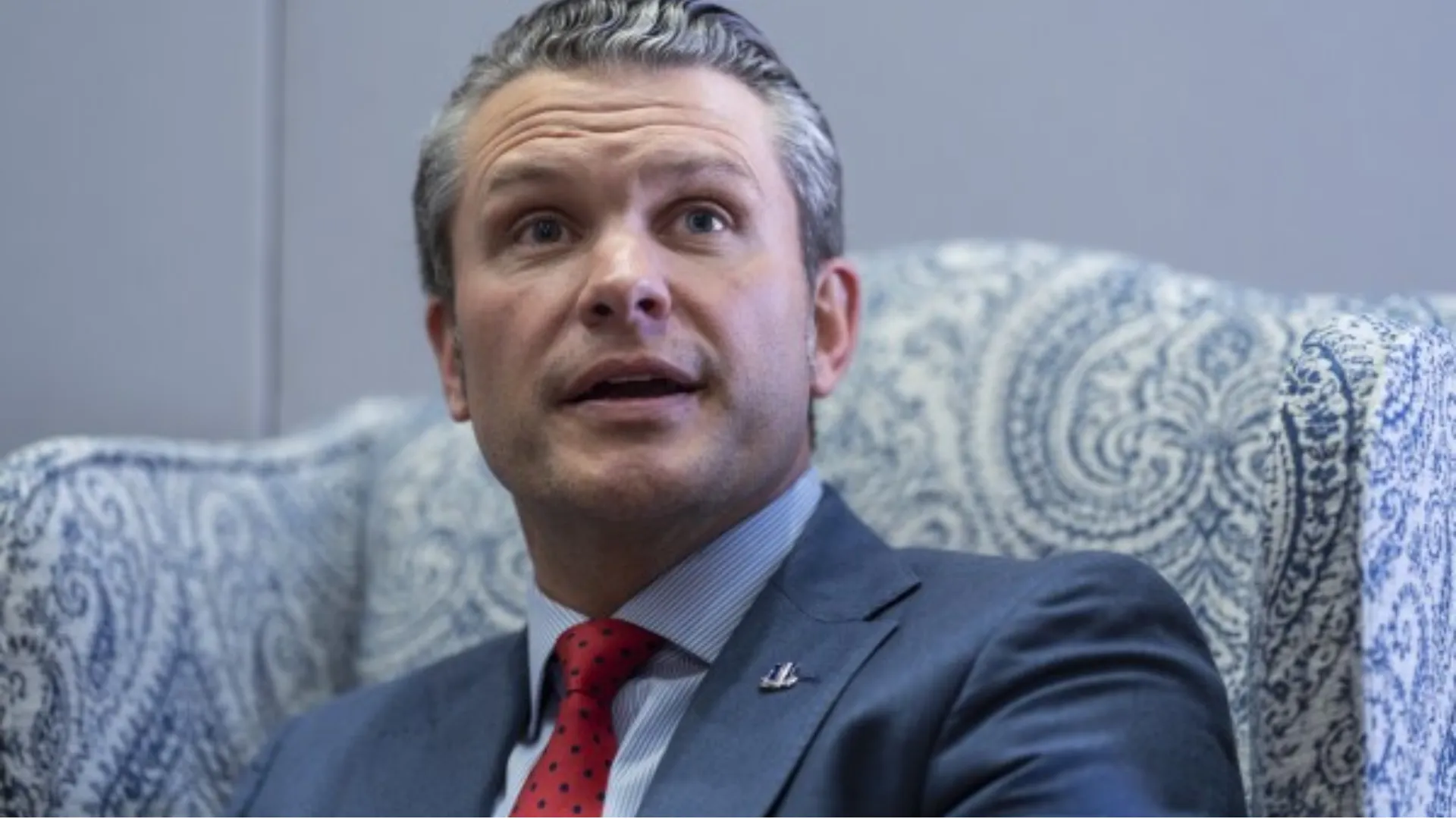
As President Donald Trump continues to reshape the federal government in his second term, Senator Chris Murphy of Connecticut has issued one of the most forceful warnings yet from Capitol Hill, accusing the administration of actively dismantling American democracy.
Speaking with urgency, Murphy said the country was not simply witnessing a political shift but a systematic unraveling of the institutions, norms, and safeguards that have long defined the republic.
"Trump is dismantling our democracy," Murphy reportedly told colleagues during a closed-door briefing last week. The senator, who has built a reputation as a leading voice on foreign affairs and democratic reform, said he could no longer stay quiet as he watched the administration erode the separation of powers, weaken oversight, and politicize critical agencies.
His comments arrive at a time when multiple developments out of the White House have alarmed constitutional scholars, civil service veterans, and even some conservative lawmakers.
From mass layoffs in key agencies to aggressive tariff policies, from the rising influence of unelected loyalists to the narrowing of public communication channels, the Trump administration is ushering in a new era of governance that critics say is authoritarian in all but name.
Murphy's remarks reflect growing concern among Democrats that the president's recent actions are not isolated, but instead part of a coordinated effort to centralize power and dismantle the administrative state in ways that benefit a narrow circle of elites and weaken democratic accountability.
In recent weeks, the administration has faced accusations of insider trading and market manipulation following Trump's abrupt reversal on his controversial tariff policy. After insisting for weeks that the tariffs would not be paused, Trump announced a 90-day delay in their implementation—except for those on Chinese imports.
Just hours before the announcement, he posted on his social platform Truth Social that "everything is going to work out well" and that it was "a great time to buy," prompting a sharp rally in the markets.

Democrats say the timing of the post and the policy shift raises serious questions. They want to know whether Trump or members of his inner circle profited from foreknowledge of the tariff reversal. Murphy, along with Senators Elizabeth Warren and Chuck Schumer, has urged the Securities and Exchange Commission to investigate.
While the market volatility was newsworthy on its own, what has alarmed lawmakers like Murphy even more is the broader pattern of governance emerging under Trump.
At the center of it is the Department of Government Efficiency, or DOGE, led by tech billionaire Elon Musk. Since being appointed to run DOGE, Musk has overseen thousands of federal layoffs, rolled out sweeping changes to civil service rules, and embedded private tech operatives into key agencies.
Murphy is concerned not just about Musk's unorthodox approach to government reform but about the concentration of power in the hands of a man who was never elected or confirmed by the Senate.
Musk now occupies a suite of offices in the Eisenhower Executive Office Building, just steps from the West Wing, and has reportedly installed his own internet systems and security protocols within federal buildings.
"He is running a shadow government from within the government," said one staffer in Murphy’s office, speaking on condition of anonymity. "The president may be the figurehead, but Musk is the one redesigning the machine."
Recent reports have detailed how the Social Security Administration has now shifted its primary communication to Musk's social media platform, X, formerly known as Twitter.
Traditional means of communication like press releases and public mailers have been discontinued. Beneficiaries, many of whom are elderly or disabled, are now expected to follow official SSA updates on a platform known for chaos, misinformation, and a user base that skews young and tech-savvy.
"Right, because Grandma is on X," Elizabeth Warren remarked sarcastically after learning of the change. "This is corruption, plain and simple."
Murphy agrees. He views this not as a modernization effort, but a deliberate narrowing of public access, one that ensures fewer people know what’s happening in their government unless they’re plugged into platforms owned by Trump’s political allies.

This isn’t the only point of friction. Within federal agencies, civil servants have been increasingly marginalized. Under the reinstated Schedule F order, thousands of career employees have been reassigned, demoted, or fired to make room for ideologically aligned appointees.
The result is a bureaucracy that now fears political retaliation for speaking out, even in private meetings.
One Department of Defense official recently expressed frustration over DOGE staffers demanding access to sensitive information without proper clearance. "Why do these kids know this?" the official asked, after a 22-year-old DOGE intern reportedly asked questions about a classified defense project.
Meanwhile, at the Department of Justice, internal oversight mechanisms have been hollowed out. Inspectors general have been removed or reassigned. Whistleblowers say complaints are going unanswered.
Agencies that once served as checks on executive overreach are now viewed as instruments of presidential will.
Murphy believes all of this is by design. "What we’re witnessing is not accidental," he said. "It’s deliberate. Trump is testing the limits of what he can get away with. And right now, he’s getting away with everything."
Trump, for his part, has dismissed the criticism. In a recent press conference, he said, "They call it authoritarian because I’m doing what needs to be done. They’re mad because I’m not playing by the swamp’s rules. Well, those rules were broken to begin with."
Supporters of the president echo that sentiment. They argue that Trump's actions are not about dismantling democracy but restoring order. They point to bloated agencies, bureaucratic delays, and budget deficits as justification for the cuts and reforms being enacted.
But Murphy and others say that’s just spin. "This isn’t about efficiency," he said. "It’s about control. It’s about power. And it’s about making sure there’s no one left inside the system who can say ‘no.’"
He warns that if Democrats and moderate Republicans don’t act now, the damage may become irreversible. "Democracy doesn’t die overnight. It dies in slow motion, one agency, one norm, one broken precedent at a time."
Murphy is now pushing for emergency hearings in the Senate. He wants testimony from Musk, top DOGE officials, and members of Trump’s economic team. He also supports new legislation to limit the president’s emergency powers and restore congressional authority over tariffs, staffing, and executive communication protocols.
But even as he calls for action, he fears it may already be too late. "We keep thinking the courts will save us. Or that an election will fix it. But if the institutions are already gone, what’s left to protect?"
Others in Congress share his concern. Representative Jamie Raskin has echoed Murphy’s warnings, calling the current administration a "democratic backslide in plain sight." Senator Sheldon Whitehouse has referred to DOGE as a "private empire operating inside the public sector."
As the summer approaches and Congress prepares for budget battles and new legislative proposals, the question is whether Murphy’s warnings will translate into action—or whether they will be remembered, months or years from now, as the words of a canary in the coal mine.
Murphy doesn’t pretend to have all the answers. But he’s clear on what’s at stake. "This isn’t about left or right," he said. "This is about whether the United States remains a functioning democracy or becomes something else entirely. And that decision is being made right now."




